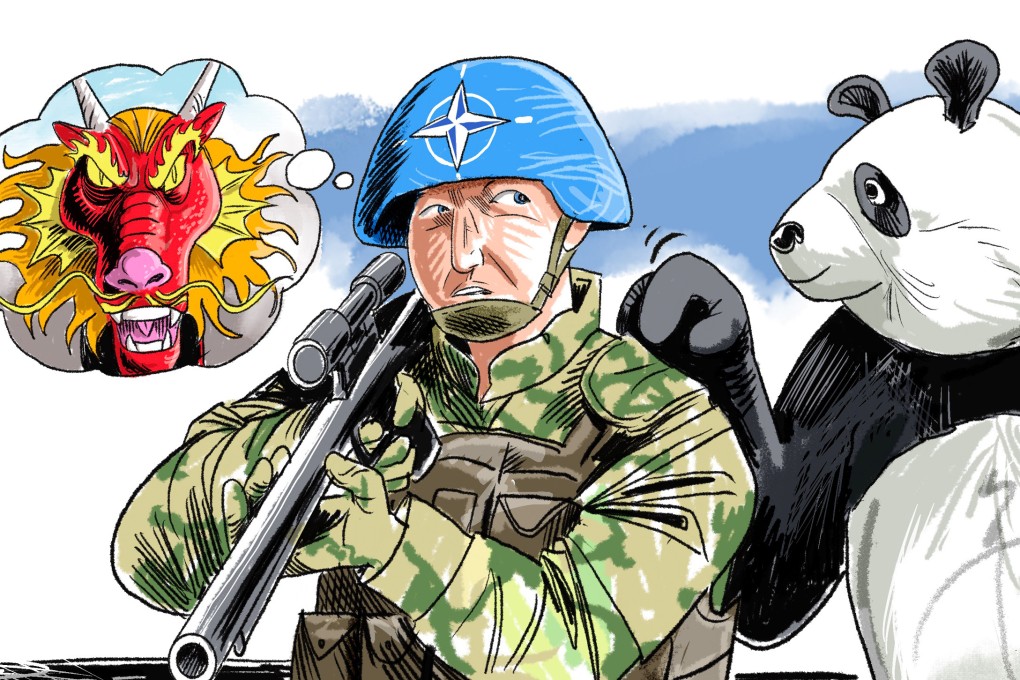Advertisement
Opinion | Is China a threat to Europe? Nato’s China stance may rest on its answer
- Despite more assertive depictions of China, the US has not got Nato to see China as a security threat. This suggests European divergence
Reading Time:4 minutes
Why you can trust SCMP
8

As Nato commemorates its 75th anniversary, crucial decisions loom regarding its defensive scope and geographical reach. The transatlantic security alliance confronts asymmetrical security threats that are particularly pronounced in Eastern Europe due to Russian aggression. Nato also faces a pressing imperative to define its stance on China.
Advertisement
As the world’s largest and longest-standing military alliance, Nato has 32 members spanning Canada to Britain to Turkey. It was set up for the collective defence of Europe when the Soviet Union posed a threat. The Ukraine war has reinvigorated this task, with a revitalised Nato declaring Russia its “most significant and direct threat”.
Significant events have since reshaped Nato. Finland and Sweden joined, and 23 of its members are set to meet the 2 per cent defence spending target, up from seven just two years ago – a seeming answer to Donald Trump’s complaint about Nato underspending.
Last month, Nato Secretary General Jens Stoltenberg revealed that European defence purchases have generated over US$140 billion in contracts for US companies, adding: “Nato is good for US security, for US industry and for US jobs.”
Nato’s 2022 strategic concept identified Sino-Russian collaboration as a major challenge but did not classify China as a potential threat, unlike with Russia. Since China first appeared in Nato’s narratives in 2019, the US has leveraged Nato to advance its primary geostrategic concern: containing China.
Advertisement
Last year’s Vilnius summit linked the Indo-Pacific with the Atlantic and Arctic, and referred to the “systemic challenges” posed by China. The recent Washington communiqué depicts China as a “decisive enabler of Russia’s war against Ukraine”. Beijing denies supplying weapons but sells dual-use goods to Moscow.

Advertisement
